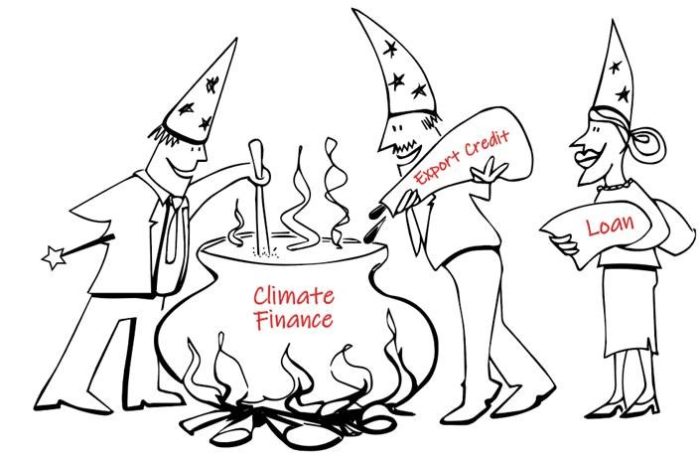
Let me be clear. We need climate action, and we need it now! As shown in the recent report from the Intergovernmental Panel on Climate Change (IPCC), we need to act immediately to ensure that global temperatures do not pass the 1.5ºC target, and we need to strengthen the resilience and adaptive capacities of people and communities around the world. In developing countries, these actions will only be achieved if funds and support are made available, putting climate finance on the list of items discussed in the negotiations.
At the current talks at COP24 in Katowice, climate finance is a challenging agenda as the positions of developed and developing countries are far apart. The discussions are focused on the rules for accounting climate finance as the 2020 deadline for mobilising the USD 100 billion (bn) target is rapidly approaching, and there is still no agreement on the form of money that will be counted as part of the USD 100bn.
Developed countries are pushing for flexible rules, where all kinds of financial instruments are accepted as part of this financial target. USA, Australia and Japan have previously proposed to include non-concessional loans, export credits, insurance and a category for undefined finance called “other” instruments. If this proposal is agreed on, developed countries would be able to count any various financial flows and claim to have delivered on their promises. While the USD 100bn seems to be a lot of money, if existing private investments in developing countries were counted, we would easily reach the financial target.
Developed countries are eager to deliver on the agreed USD 100 bn target, and this is understandable, as unfulfilled promises are difficult to handle in politics. However, we must remember that the fulfilment of the promise is only a means towards the goal of promoting climate action. If the USD 100bn target is reached just by changing the labels on existing flows, we will not see the increased ambition that parties are calling for.
If we truly want to scale up ambition so that developing countries can increase their contributions to promote a green and resilient transition, then the finance talks must focus on how to generate more support, and not only on how to develop the rules which make it possible to fulfil existing agreements.
ACT Alliance member DanChurchAid has published an analysis on the accounting and reporting of climate finance. You can find the analysis here.
—–
 Mattias Söderberg, Senior advocacy advisor in DanChurchAid. Was elected co-chair for the ACT Alliance advisory group on climate change advocacy and was the acting head of the ACT delegations to UN climate talks from 2010 to 2015. Was co-chair of the ACT EU climate change working group from 2007 to 2009, and head of the ecumenical COP15 secretariat in 2009. Mattias is originally from Sweden but lives in Denmark.
Mattias Söderberg, Senior advocacy advisor in DanChurchAid. Was elected co-chair for the ACT Alliance advisory group on climate change advocacy and was the acting head of the ACT delegations to UN climate talks from 2010 to 2015. Was co-chair of the ACT EU climate change working group from 2007 to 2009, and head of the ecumenical COP15 secretariat in 2009. Mattias is originally from Sweden but lives in Denmark.